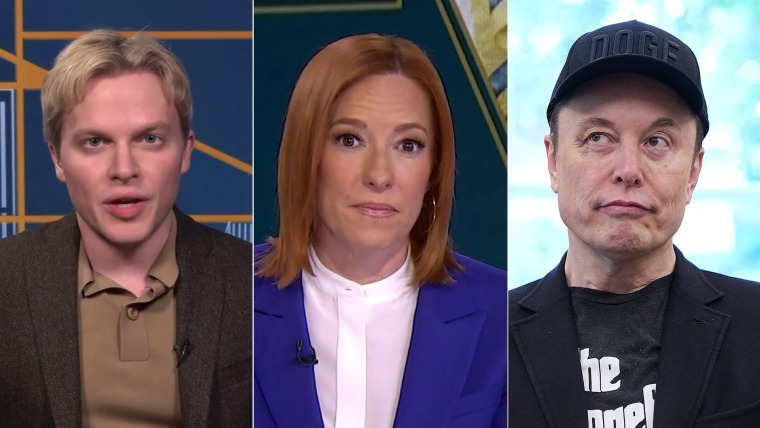Happy Tuesday. Here’s your Tuesday Tech Drop, the past week’s top stories from the intersection of technology and politics.
Trump’s data dreams
In recent months, there’s been widespread speculation over the Trump administration’s reported plans to work with controversial tech company Palantir to compile a massive database of Americans’ personal information. Now we have a bit of clarity on how some of that data could be used.
NPR reported Monday that the administration has developed a national citizenship data system that it wants states to use to crack down on noncitizen voters — a fascination of Donald Trump’s, despite the lack of evidence that such voters have affected the result of any U.S. election. One wonders whether and how this tool might be used to fuel Trump’s conspiracy theories.
Experts have raised concerns about the accuracy of the data being used, as well as whether this administration — which is currently trying to ramp up efforts to strip some Americans of their citizenship — can be trusted to deploy this tool ethically.
Read more at NPR.
Canada axes digital tax
Trump did the bidding of large tech companies when he said Friday that he was ending trade negotiations with Canada in response to the country’s digital services tax on tech companies — foreign and domestic — that was set to go into effect on the last day of June. Canada then rescinded the tax.
Read more at CNBC.
AI moratorium’s mortality
After a tentative deal appeared to have been reached between Sens. Ted Cruz, R-Texas, and Marsha Blackburn, R-Tenn., it appears a 10-year ban on states instituting regulations around artificial intelligence has been dropped from Republicans’ budget bill. For now.
Read more at Time.
Musk’s ‘fixer’ reportedly no longer at Tesla
One of the top executives at Tesla — Omead Afshar, who has been called Elon Musk’s “fixer” by The Wall Street Journal — has reportedly left the company. Tesla has been mired in a sales slump and ongoing tumult, partially stemming from backlash over Musk’s role in crafting Trump’s policies.
Read more at Forbes.
Bezos’ outreach to Trump
The Wall Street Journal reported that Amazon CEO Jeff Bezos has been cozying up to Trump, in an effort that the newspaper frames as an attempt to secure funding for Bezos’ aerospace company, Blue Origin, and capitalize on Trump’s rift with Musk.
Read more at The Wall Street Journal.
FTC puts its finger on the scale
Republicans have sought to crack the whip on companies that choose not to advertise on right-wing media platforms — in some cases, because said platforms have been known to promote hate speech. The Trump administration has made clear that it has no issue with holding up corporate mergers in order to extract political concessions, and that seems to have been the case last week when Trump’s handpicked FTC chairman announced that he was approving a merger of large advertising firms on the condition that the newly formed organization doesn’t take part in any ad boycotts based on political or ideological viewpoints.
Read more at Ars Technica.
Anti-ICE app
As Americans look for ways to navigate a country in which Immigration and Customs Enforcement agents — many of them masked — are seizing people off the streets and placing them in detention facilities, one developer has launched an app, ICEBlock, that tips people off as to where ICE agents have been sighted. The Trump administration, which has sought to crack down on reporting on ICE raids, clearly isn’t happy about this creation and responded — in dictatorial fashion — by threatening the app’s developer with DOJ scrutiny and even threatening CNN with prosecution for reporting on the app.
Read more at CNN.

